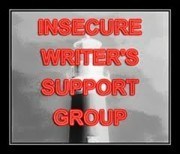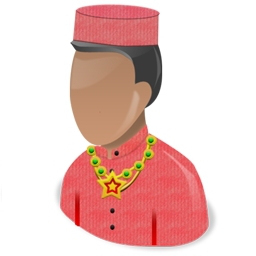Cheat?
 It’s the first Wednesday of the month again, time for a post for the Insecure Writer’s Support Group.
It’s the first Wednesday of the month again, time for a post for the Insecure Writer’s Support Group.
In September, New Republic published an eye-opening article by Theodore Ross called Cheat! It’s the Only Way to Get Published.
I read this article and thought the author might be right. Sometimes, it seems to me that aside from self-publishing, cheating is the only way to get my writing in front of the readers. Mr. Ross describes his work as a junior editor at a literary magazine:
“…one of our responsibilities was to read the piles of unsolicited submissions—the slush pile—and reject them. Once a month or so, the editors would order in pizza and beer for us and we’d spend a night in our group cubicle, dashing the hopes of foolhardy writers with money to waste on postage. I would make it through a few sentences on each one, drunkenly reading selections from the laughable worst, sign the rejection slip … with a fake name, and move on to the next.
The great majority of stories that crossed my desk were, of course, terrible. A smaller subset were mediocre; a tiny fraction were good; one was excellent; I rejected it, too. (It ended up in the Paris Review.) Graduate students, retirees, lunatics, published authors, and untold residents of this country’s federal and state prison systems sent me their work, as did one of the stars from the television show, Scrubs. To all I said no. The literary editor at the publication once told me that in his many years only one story had emerged from the slush pile and into print. He said it with some distaste. It hadn’t been his decision and he considered it something of a stunt.”
I’ve been sending my latest bunch of short stories to magazines for the last year, collecting rejections. I’m running out of magazines to send. Not one acceptance so far. Mr. Ross advises all writers to come up with a strategy of cheating and stick to it, but no stratagem comes to my mind. Any suggestions?
 Perhaps I should approach the cheating problem the way I approach my fiction? Perhaps I should create a character, a writer disadvantaged, sensational, and ethnically diverse enough to warrant a second glance from an editor.
Perhaps I should approach the cheating problem the way I approach my fiction? Perhaps I should create a character, a writer disadvantaged, sensational, and ethnically diverse enough to warrant a second glance from an editor.
Michael Derrick Hudson, a white poet recently included in the Best American Poetry anthology under the pen name Yi-Fen Chou, did just that. Look what it got him. Should I follow his lead?
Should I become a former ISIS fighter? Or perhaps a refugee boy soldier from Sierra Leone? Or a political dissident from North Korea? Anything other than myself – a peaceful middle-aged white woman from Canada. Should I build a website for my imaginary alter ego and start sending out my stories signed by his made-up name? Perhaps then, my stories will have more chances of being accepted. What could be a genuine Sierra Leone name, I wonder?





